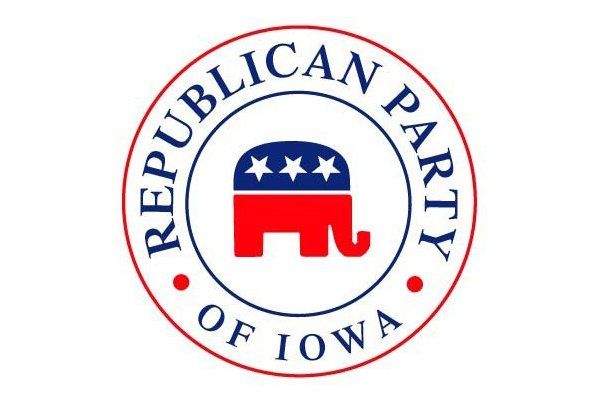Iowa Governor Terry Branstad Seeks Elimination of Straw Poll

Barely a few weeks after the conclusion of the 2012 presidential election, there is already much speculation about the 2016 elections. Kentucky US Senator Rand Paul has indicated some interest and former Florida governor Jeb Bush's name has been floated, most notably by his son. Just prior to the Thanksgiving holiday, Iowa Governor Terry Branstad announced his interest in eliminating one of the first events of the presidential election season: The Ames Straw Poll.
Held in Ames, Iowa the summer before every contested Republican presidential nomination since 1979, Governor Branstad, a Republican, told the Wall Street Journal:
"I think the straw poll has outlived its usefulness. . . . It has been a great fundraiser for the party but I think its days are over."
Referring to the 2011 winner, Minnesota US Representative Michele Bachmann, Branstad continued:
"You saw what happened the last time. . . . I don't think candidates will spend the time or money to participate in a straw poll if they don't see any real benefit coming out of it."
Bachmann's win at the event seems to be one of the driving forces against the straw poll. Bachmann, who went on to finish in sixth place just five months later at the Iowa Caucuses, represented the largest drop for any winner of the straw poll and she withdrew from the presidential race the next day.
The popular perception of the straw poll is that while it is non-binding, it is an event that tests candidates' organizational skills as well as gauging the strength of their support while ultimately winnowing the field. Although Bachmann's triumph in the straw poll did not make her the GOP standard bearer, it did bring scrutiny to her campaign, and with the addition of more candidates to the race, she was exposed as an unviable candidate. In a more circuitous way, the straw poll still accomplished its purported goal: it propelled her to the top, and with the added attention to her policy stances and penchant for gaffes, she herself was winnowed.
Despite the governor's distaste for the straw poll, it is not his prerogative to end it. Iowa GOP chairman A. J. Spiker rejected Branstad's calls reiterating,"Governor Branstad is wrong, and this is not a decision he will make anyway . . . It's a decision the party and the candidates will make."
This is not the first time the Hawkeye State has risked losing some of its status at the beginning of the presidential season. Before this year's Iowa Caucuses on January 3, several polls showed Texas US Representative Ron Paul with a chance to win and a hot topic in the media was what a Paul victory might mean both for the race and for Iowa.
"Fox News Sunday" host Chris Wallace said it would "discredit the Iowa Caucuses" and "Iowa won't count." Washington Post blogger Jennifer Rubin urged Iowa's governor to make an "anyone but Paul" endorsement to save the state's political influence and there were many openly asking whether Iowa's position as first-in-the-nation was at risk if Paul, or in other words, the "wrong" candidate, won.
As upsetting as it may be to some that relatively small states like Iowa and New Hampshire have disproportionate influence on the selection of presidential nominees, it may in fact be beneficial for the democratic process that small states are a part of this because candidates who are not flush with money can compete equally well with those who do. A Boston Globe editorial by Peter Canellos earlier this year explained how Mitt Romney's huge money advantage helped engineer a turnaround before the Florida primary and highlighted the benefits of states like Iowa:
"With more than 16 million people, Florida is twice the size of Iowa, New Hampshire, and South Carolina put together. . . ."Taken together, they contain a rough approximation of the national electorate. Most importantly, they don't require bushels of cash for a candidate to be competitive; only southern New Hampshire, near Boston, touches on an expensive media market. So candidates can slowly develop networks, build support, and achieve success - before being forced to empty their bank accounts in Florida."
The financial disparity between Romney and Rick Santorum, the top two performers at the Caucuses, illustrates this point. If Iowa had been a large state with many expensive media markets such as Florida, Santorum, who won the popular vote by thirty-four, would have been unable to compete.
The Ames Straw Poll and the Iowa Caucuses are obviously not the same, and it should be unsurprising that Iowans wish to maintain their importance in the electoral progression. While the straw poll may not be a great predictor, as the case of Bachmann proves, it is still one leg in a process that can be an equalizer in elections that seem to be increasingly governed by money.




